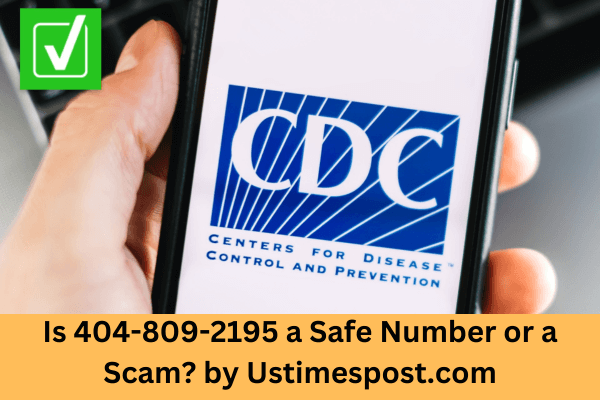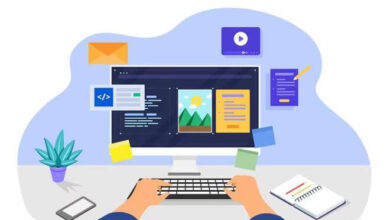Is 404-809-2195 a Safe Number or a Scam?

Getting calls from unfamiliar numbers is cause for real concern as you have no idea whether the call is actually genuine or a scam. Recently, one number going about calling is 404-809-2195. Whether such a number can be deemed proper or is considered fraud-are worthy of suspicion. Here is a set of instructions to keep you well informed and safe.
What Could Be the Purpose of the Call?
Possible Legitimate Call:
- Health Surveys or Outreach Programs: Similarly, this number might be utilized for outreach purposes, as is the case with most numbers assigned to government agencies or health departments. Sometimes, calls come from institutions like the CDC, among other public health authorities, for health-related surveys or simply to pass on important information.
- Follow-up Research: It is possible for this number to be related to follow-up communications if you have been part of some kind of medical research or participated in a public health study.
Telemarketing: This could well be a telemarketing number-as it is in the guise of a product or service to be sold. Telemarketers make use of many numbers, even going out of their way to include local area codes such as 404-Atlanta, Georgia-so that people will answer the phone.
Could It Be a Scam?
Scammers are known for “spoofing” phone numbers, making it appear that a call is coming from a local or otherwise-trusted number when it is, in fact fraudulent. Here’s what you can do to protect yourself:
- Be Skeptical: If the caller is asking for personal information such as your Social Security number, banking details, or passwords, that is a red flag.
- Do not give away personal details: Never release sensitive information over the phone unless you are sure with whom you are speaking and the purpose.
- Check on the call: You can always hang up and check through official sources; for instance, using an organization’s website or other known contact information.
How to Recognize Whether It Is a Fraud:
- Unsolicited Calls: The general advice on such calls, especially when it comes to money matters, your health, and the like, is to exercise caution.
- Pressure Tactics: In similar situations, fraudsters use high-pressure tactics to keep you nervous so that you would believe there is some urgency for you to take action right away, like missed payments or legal threats.
- Suspicious Content: Usually, an established institution would never call asking people for their confidential information over the phone.
What to Do If You Think It’s a Fraud:
- Report the Call: If a suspected scam call occurs, let the Federal Trade Commission at www.ftc.gov know or ask your phone company to block the number.
- Use Call-Blocking Tools: These are free or low-cost tools many smartphones and service providers offer that block suspected scam calls automatically.
Conclusion:
While 404-809-2195 can be a real call, it is safer in those calls when a caller asks for sensitive information to become more cautious. One should always verify the call further with the organization and inform the authorities of any suspicious activity. If one feels doubt, hang up and investigate the matter further.
Here are three other phone numbers on the CDC website:



